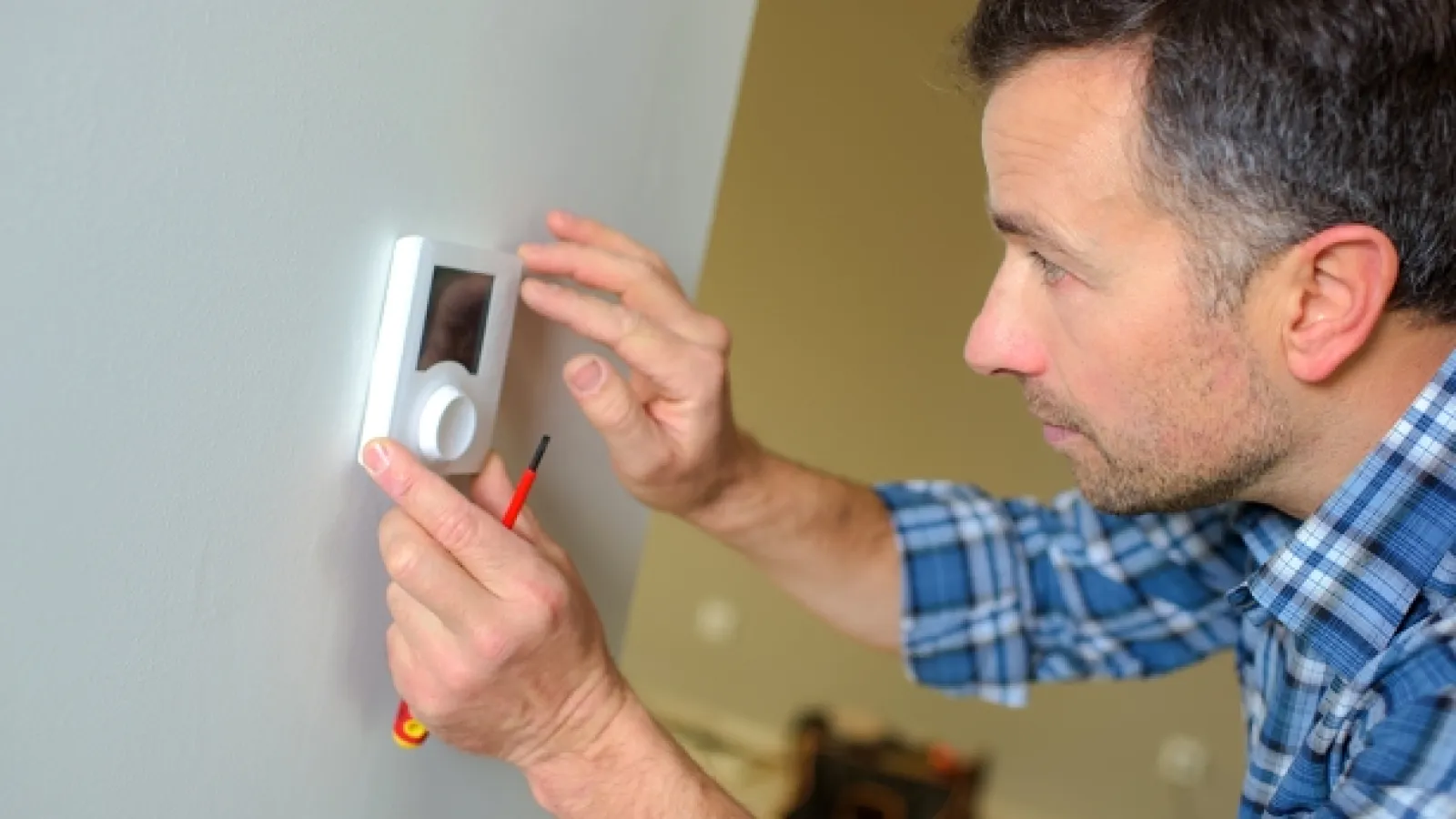Are you hearing mysterious hissing noises from your air-conditioner? If so, it is time to take a closer look at your unit. They aren't just annoying; they're often a sign that something's wrong with your unit. And although it may be as simple as a blocked filter causing poor airflow, the sound could also stem from more significant issues, such as a refrigerant leak or mechanical problems.
Either way, ignoring these sounds can lead to decreased system efficiency, higher utility bills, or more costly repairs. As a result, it is crucial to investigate and resolve any issues as quickly, effectively, and efficiently as possible. Without further ado, here are the top reasons why your unit is hissing:
Refrigerant Leaks
Refrigerant leaks are among the most common causes of hissing noises in air conditioners. Refrigerants are chemicals that absorb heat when they evaporate from a liquid to a gas and release it when they condense from a gas to a liquid. They have low boiling points and should theoretically never run out in closed systems, such as AC units.
The reality is that refrigerant leaks can and do happen, and they're often the cause of strange noises coming from your unit. A hissing sound typically indicates that the refrigerant is escaping as a gas, while a bubbling sound suggests a liquid refrigerant leak. Typical refrigerant leak points include the outdoor condensing unit, the indoor evaporator coil, the refrigerant lines, and valves or connections, based on our 75 years of experience providing AC repair in Atlanta.
When refrigerant levels drop, your unit has to work harder to cool your home, which can lead to higher energy bills, reduced efficiency, and even hot air blowing inside your home. Consistently low refrigerant levels can freeze your evaporator coil, overheat the compressor, burn out the motor, and even completely shut down your system, so it's essential to take any hissing seriously.
The Department of Energy (DOE) lists refrigerant leaks as one of the most common air conditioner problems and recommends that a trained HVAC technician fix the leak, test the repair, and charge the system correctly.
A Failing Motor
As its internal components wear down, your air conditioner's motor might start to make hissing or whining sounds. You may also notice reduced airflow and poor cooling performance.
In some cases, repairing or replacing a specific part may be enough to breathe new life into your motor and prevent hissing noises. However, you may need to replace the motor.
Blocked or Closed Vents
Hissing noises can be caused by blocked or closed air conditioner vents. When air can't leave the system, it places extra pressure on the air conditioner and can lead to hissing or whistling sounds.
Check to ensure your vents are in the open position, and keep an eye out for any obstructions, such as furniture or curtains, that might restrict airflow. If you are part of a Maintenance Membership Plan, such as at Estes Services, these preventative maintenance checks can help prevent such blockages.
A Clogged Air Filter
Similarly, a clogged air filter can also cause hissing noises by restricting airflow. Air filters trap dust, allergens, and other debris, protecting the evaporator coil and other components. A quick inspection of your air filter can indicate whether it's time for replacement.
Dirty Condenser Coils
Condenser coils are typically located in the outdoor section of your air conditioner, often behind the grill or metal fins. They are responsible for releasing any heat the refrigerant has pulled from inside your house to the outside.
If your unit's condenser coils become dirty, they won't be able to release heat as effectively. This will force your air conditioner to work much harder and can result in a hissing sound. Luckily, a quick wipe down with a dedicated coil cleaner or a mixture of water and mild detergent can clean your coils.
High Compressor Pressure
A build-up of pressure in your compressor may also be the culprit behind hissing noises. The compressor is responsible for moving pressurized refrigerant through the air conditioner. However, when there's too much pressure, the unit may start to make a hissing or screeching sound, particularly within the first 15 seconds of powering on. Additionally, high compressor pressure can cause your unit to start and stop frequently.
Leaky Air Ducts
Your air ducts may also be to blame. After all, air ducts can degrade over time. Gaps, tears, and cracks can develop, allowing air to escape, which can cause hissing or whistling sounds as the air exits the air duct.
Unfortunately, hissing noises aren't the only consequence of leaky ducts. You may experience higher utility bills and a warmer home, as some of the cool air your air conditioner produces will escape into your ceilings, walls, and crawl spaces.
A Malfunctioning Expansion Valve
Expansion valves regulate the pressure when the refrigerant evaporates from a liquid to a gas by only allowing a small amount of refrigerant to enter the evaporator coil at a time. They also help push refrigerant through the air conditioning system.
When expansion valves become corroded, clogged, or otherwise faulty, they can disrupt the refrigerant flow and cause noises like hissing and bubbling. Additionally, poorly functioning expansion valves can reduce your air conditioner's cooling efficiency, leading to temperature fluctuations, higher energy bills, and a shorter system lifespan.
A Faulty Heat Pump Valve
Heat pumps move heat, absorbing heat from a colder space and releasing it into a warmer one. When the unit is in heating mode, a heat pump will take heat from outside and release it inside. When the system is in cooling mode, the heat pump will help remove heat from inside and transfer it outside.
The reversing valve controls the flow of refrigerant throughout the HVAC system. When functioning correctly, it enables the system to switch between heating and cooling modes. However, reversing valves can get stuck between heating and cooling modes or stop working altogether, resulting in hissing, inefficient cooling, and higher bills.
Don't Ignore Hissing
If your air-conditioner is hissing, it could be an indicator of underlying issues, ranging from leaky air ducts to dirty condenser coils. Responding to and resolving HVAC issues promptly can help extend the lifespan of your unit, improve energy efficiency, and prevent costly breakdowns. Additionally, it can help you stay cool in hot temperatures.
If you hear any hissing noises, don't wait; schedule repair service with our award-winning team today. Estes Services will provide a professional evaluation of your unit to determine if and what type of remedies can resolve the problem.
Schedule service now. It's that Easy; It's Estes!


